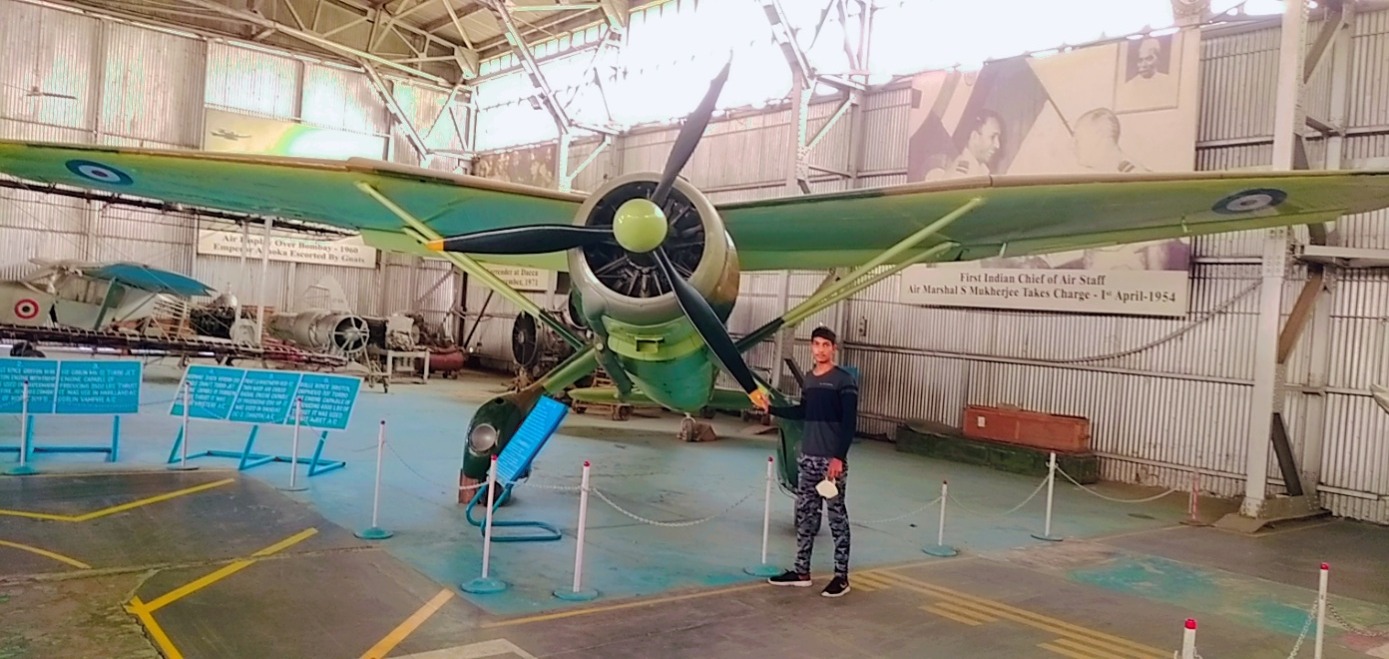There are no items in your cart
Add More
Add More
| Item Details | Price | ||
|---|---|---|---|
R2R SSB batches starting soon. Referred articles were published in The Hindu.
NEWS IN SHORTS
1. Terror Attack Accused Used Online Payment Services: FATF
The Financial Action Task Force (FATF) has reported that terror attack accused in India utilized online payment services, e-commerce sites, and Virtual Private Networks (VPNs) to fund their activities and evade detection. A key component of an improvised explosive device used in the Pulwama attack, aluminum powder, was procured through an e-commerce platform. This highlights the growing challenge of monitoring financial flows for counter-terrorism efforts and the need to regulate emerging payment systems.
2. India-Brazil Partnership Relevant for the World: Modi
Prime Minister Narendra Modi emphasized the global significance of the India-Brazil strategic partnership, calling it an "important pillar" for the world. During his visit to Brazil, Modi and President Lula da Silva discussed strengthening bilateral ties, aiming for a $20 billion trade target. Both leaders stressed that global problems should be resolved through diplomacy and dialogue, highlighting their countries' role in safeguarding the interests of the Global South. Six agreements were signed, including in renewable energy and counter-terrorism.
3. Myanmar Ethnic Crisis Drives 4,000 Chin People to Mizoram
A conflict between two ethnic armed groups in Myanmar has forced approximately 4,000 Chin people to seek refuge in Mizoram, India. The refugees, primarily women and children, are concentrated in border villages like Zokhawthar and Vaphai. The influx began after gunfights erupted on July 3, near the Tiau river which marks part of the India-Myanmar border. Local communities and NGOs are providing basic necessities, as officials assess the humanitarian situation.
4. Bihar Cabinet Mandates Domicile for Women's Job Quota
The Bihar Cabinet has decided to mandate domicile status for accessing the 35% reservation for women in state government jobs. This policy, previously implemented in 2016 to allow women from outside Bihar to also benefit, has been altered. The decision was made ahead of the upcoming polls and aims to ensure that only women domiciled in Bihar benefit from the reservation policy in state government employment.
5. Trump, Netanyahu Claim Victory on Iran Strikes
US President Donald Trump and Israeli Prime Minister Benjamin Netanyahu expressed optimism about a "new era" in West Asia, suggesting a diplomatic breakthrough regarding Iran's nuclear program could lead to peace. This comes after Netanyahu's visit to Washington, where both leaders discussed Iran's nuclear capabilities and Hamas in Gaza. Their confidence in a resolution suggests ongoing efforts to de-escalate tensions in the region.
6. US-India Trade Deal Targets July Deadline
India anticipates a "mini trade deal" with the United States by August 1, as the US has extended its tariff pause but threatened new hikes on 14 countries, including India. While a deal is targeted, officials indicate that India will not proceed if the specific terms are not met. The US had previously imposed a 90-day tariff pause on Indian imports.
7. Dark Sides of Restricted or Selective Franchise
The ongoing Special Intensive Revision (SIR) of electoral rolls in Bihar has revealed significant issues, with over half the revisions involving deletions. Concerns are raised about transparency and the potential for disfranchisement, particularly among migrants and marginalized communities. The process, ongoing since 2004, has led to a substantial reduction in the electorate and highlights challenges in ensuring fair and accurate voter registration in India.
8. Countrywide Survey Reveals Deficits in Student Learning
A nationwide survey, the Performance Assessment, Review, and Analysis of Knowledge for Holistic Development (PARAKH), reveals significant learning deficits in Indian students, particularly in mathematics and language. In Punjab, Himachal Pradesh, Kerala, and Chandigarh, students showed top performance, while other states lagged. The survey highlights a need for improved educational strategies, emphasizing foundational skills in early grades and better teacher training to address these gaps.
9. No More Backbenchers: Film Inspires Change in Kerala Schools
A Malayalam film, "Shanthi Sreemadam," has inspired a change in classroom seating arrangements in primary schools across Kerala, moving away from traditional rows to semi-circular layouts. This new setup promotes better interaction between students and teachers, fostering a more engaging learning environment. The concept, previously explored in 1994, aims to address the issue of "backbenchers" and ensure active participation from all students. Several schools have already adopted this model.
10. Nearly 600 Eklavya School Students Cleared IIT-JEE and NEET
The Ministry of Tribal Affairs announced that nearly 600 students from Eklavya Model Residential Schools (EMRS) across 12 states have cleared entrance examinations for undergraduate studies in medicine and engineering, including IIT-JEE and NEET. This success highlights the effectiveness of the EM RS program in providing quality education to tribal students and preparing them for competitive national exams, demonstrating a significant step towards their empowerment and inclusion in higher education.
11. Vitamin D Deficiency Poses Public Health Challenge: Experts
Experts warn that Vitamin D deficiency is a major public health challenge in India, contributing to various health issues including osteoporosis, rickets, and increased risk of infectious and chronic diseases. Despite ample sunlight, low awareness, dietary habits, and inadequate supplementation are key factors. Experts recommend public health campaigns, dietary changes, and fortified foods to address the widespread deficiency, emphasizing its critical role in overall health and immunity.
12. Oxford University Press Launches Reading Challenge
Oxford University Press (OUP) India has launched its second edition of the "Oxford Big Read" challenge, a global initiative aimed at promoting reading and literacy among school students. The program encourages reading from a curated list of books and participating in activities to improve comprehension and expression. This initiative targets students from Classes 1 to 10, fostering a love for reading and enhancing literary skills across various regions.

Sachin Jangir